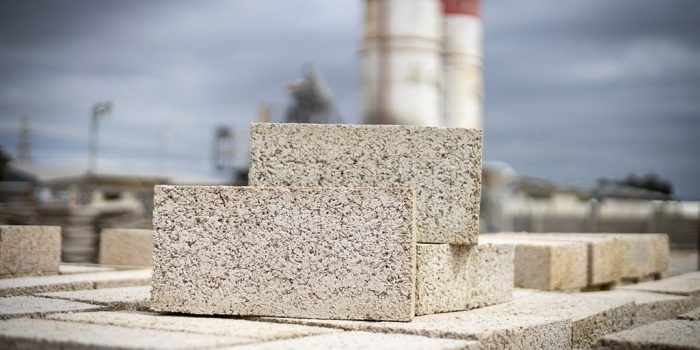Cape Town, South Africa, is set to welcome the world’s tallest building constructed using industrial hemp. The upcoming 12-story, 54-room Hemp Hotel boasts a remarkable design that offers stunning views of Table Mountain while aiming to minimize its ecological impact.
Constructed with “hempcrete” blocks derived from hemp plants, the building combines the insulating and fireproof properties of hemp with a cement-and-concrete structure. This innovative approach not only promotes sustainability but also addresses the pressing need to reduce carbon emissions in the construction industry.
Traditionally, concrete production has significantly contributed to carbon dioxide emissions, with every pound of concrete releasing 0.93 pounds of CO2. Furthermore, building materials are responsible for 11 percent of global carbon emissions. In response to these concerns, the industry has been actively seeking ways to lower its carbon footprint, leading to the exploration of alternative biomaterials like hemp, mycelium, and algae.

Hempcrete, the primary building material used in the Hemp Hotel, presents an exciting solution. Not only does hemp offer excellent insulation and fireproofing capabilities, but it also has the unique ability to sequester more carbon than it emits, making it carbon negative. The process works by harnessing the plant’s natural ability to absorb atmospheric carbon dioxide. This carbon is then locked within the hempcrete blocks, where it remains stored for over 50 years or even longer.
Boshoff Muller, director of Afrimat Hemp, the company responsible for producing hempcrete for the hotel, emphasized the significance of this carbon sequestration process.
While building with hemp can be costly, the potential for selling carbon credits provides a promising avenue for offsetting expenses. South African President Cyril Ramaphosa recognizes the growing role of hemp and cannabis in the construction industry, viewing it as an opportunity to create more than 130,000 jobs. The Hemp Hotel is a compelling example of the industry’s potential, highlighting hemp’s growing acceptance and integration in the construction sector.
The global significance of hemp in sustainable construction has been recognized beyond South Africa. In France, a pioneering architecture and landscaping company recently completed the country’s first hempcrete public building, the Pierre Chevet sports hall. Spanning 4,000 square feet (380 square meters), the facility comprises an exercise hall and changing rooms.

Researcher Darshil Shah, from the Centre for Natural Material Innovation at Cambridge, attests to hemp’s exceptional carbon capture capabilities, noting that it can be twice as effective as a forest of trees in sequestering carbon. Studies estimate that industrial hemp absorbs between 8 to 15 tonnes of CO2 per hectare of cultivation, making it one of the most efficient CO2-to-biomass converters available.
As the Hemp Hotel nears its grand opening, it stands as a remarkable testament to the viability and potential of hemp in sustainable construction practices. By embracing this eco-friendly material, the building industry significantly reduces its environmental impact and creates a greener future.


